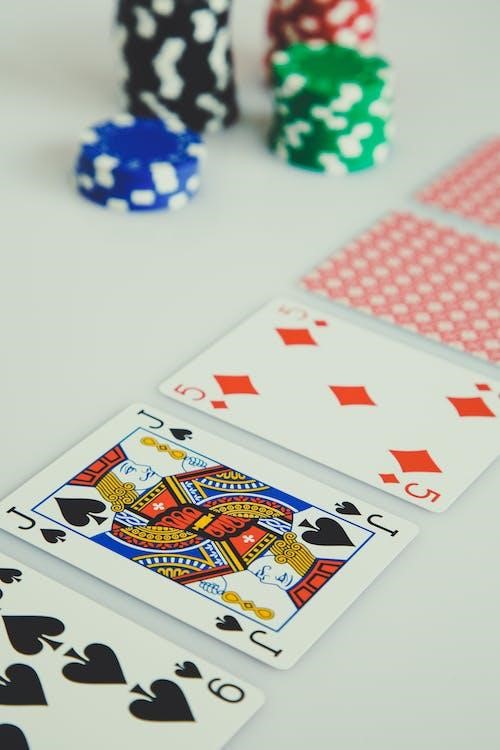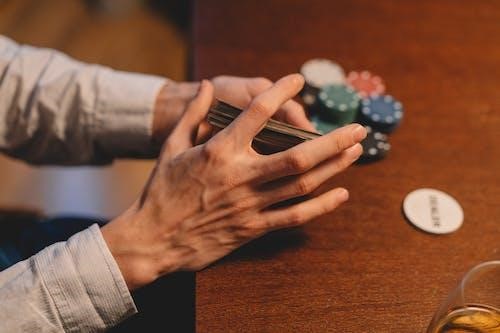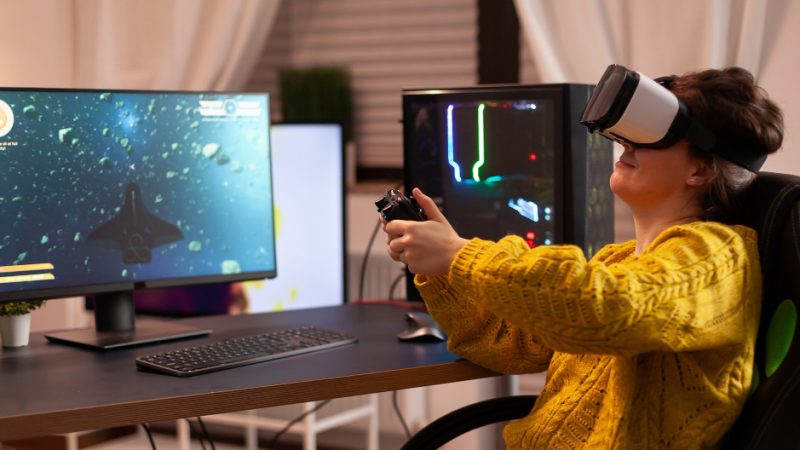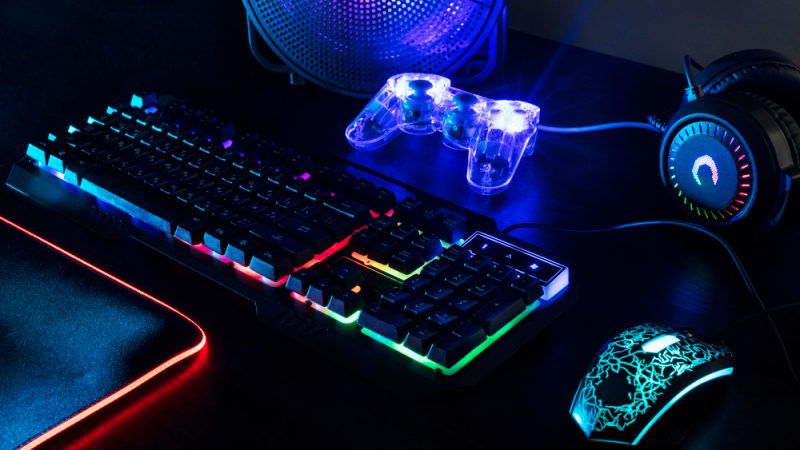Terminology You Need to Learn When Playing Poker Games

Statistics reveal almost 100 million people worldwide play poker today.
Poker is a popular gaming choice for many because;
- Pokers featured in many high-profile films, such as Rounders and Casino Royale, which reveal the exciting, glamorous side of the game, and make it intriguing to the masses.
- Another great thing about poker is there are no restrictions to play. It doesn’t matter what your occupation is or your experience of casino games anyone can join a real money poker game in person or online at any time.
- There are so many skills players can build and perfect when playing poker, such as focus and concentration, strategy, and decision-making skills. Skills developed in playing poker can be applied to real life too.
If you’re wanting to get ahead before playing poker, you need to start building your poker knowledge foundation which starts with learning the terminology used in the game.
In doing so, you’ll begin boosting your confidence to play and your chance of winning.
Poker Terms

Action
There are two meanings for Action in poker, these are;
1) To describe a poker game where there’s lots of betting and raising taking place
2) A person’s turn to act with their hand, to place their first bet or raise
Ante
Before a hand is dealt, an ante is a small bet all players need to place.
Pot
The pot is the total amount to be received by the winner in a game of poker.
Blind
A common term used in a popular variation of poker, Texas Hold em, to describe a sum put in the pot by the 2 players sitting to the left of the dealer.
A blind only describes a bet played by these 2 players.
Small Blind
The first player to the left of the dealer plays a small blind.
Big Blind
The player left of the small blind is the big blind and doubles the small blind’s bet.
Tournament
A competition involving one or more poker tables. Each tournament starts with a set amount of chips.
Bubble
Used to describe the top player in the tournament who hasn’t won any money.
Betting Terms
Call
Used to describe a player that adds the minimum amount needed to the pot to carry on playing their hand.
Check
If no bets have been placed in a round by other players, you and the other players can say ‘check’ if you’d also prefer not to place a bet in that round.
Raise
Adding more than the minimum amount required to the pot to continue playing a hand.
Fold
Removing yourself from the game of poker by folding your cards, face down on the table.
When a player folds, they lose any bets they’ve made this far.
People often fold when they think their hand isn’t good enough to continue competing.
Check-raise
On the first chance to bet, a player checks and then raises bets in the same round.
All – in
When a player puts all their chips in the pot. Often a display of confidence to other players that they have a good hand.
Bluff
Players in poker bluff by placing bets on a weak hand, to give the illusion to other players that they have a good hand. This is a tactic to coerce other players to fold.
Dealing Terms

Dealer
The person who deals the cards to each player.
Button
Marked with a disk, the button is wherever the dealer sits.
Burn Card
To ensure every game is played fairly, the dealer discards the top card before each betting round.
Community Cards
The dealer lays out a set of cards facing upwards for all players to see and use to strengthen their hands.
Board
Table players use to make a hand.
Flop
When the first round of betting is complete, three community cards are laid out.
Turn on Fourth Street
This is the fourth community card which is dealt facing upward, on its own.
River
This is the last community card to be dealt with.
Poker Hand Terms
Royal Flush
The best hand in poker includes an ace, king, queen, jack, and ten in the same suit.
Straight flush
Five cards of the same suit, in a sequence.
Four of a kind
Four cards of the same rank.
Full House
Three similar cards and a pair.
Flush
Five cards in the same suit, but no sequence.
Straight
Five cards in a sequence.
Three of a kind
Three cards with the same face value, with different suits.
Two Pair
For example, a pair of kings or aces.
Pair
Two matching cards.
High Card Winner
If there are no strong hands at the table, the player with the highest card wins the pot.
Mastering the above poker terminology will mean you understand the terms used either at the casino or online. This will help you make better decisions during the game.
While learning the terms above is essential, and this is a great place to start, there’s so much more of poker to uncover. But once you’ve mastered the basics, other areas of the game you need to learn will click a lot faster.
If you like brain-stimulating games like poker, why not branch out your interests to other games such as sudoku puzzles and chess? Skills developed from these games can also be transferred to poker.






